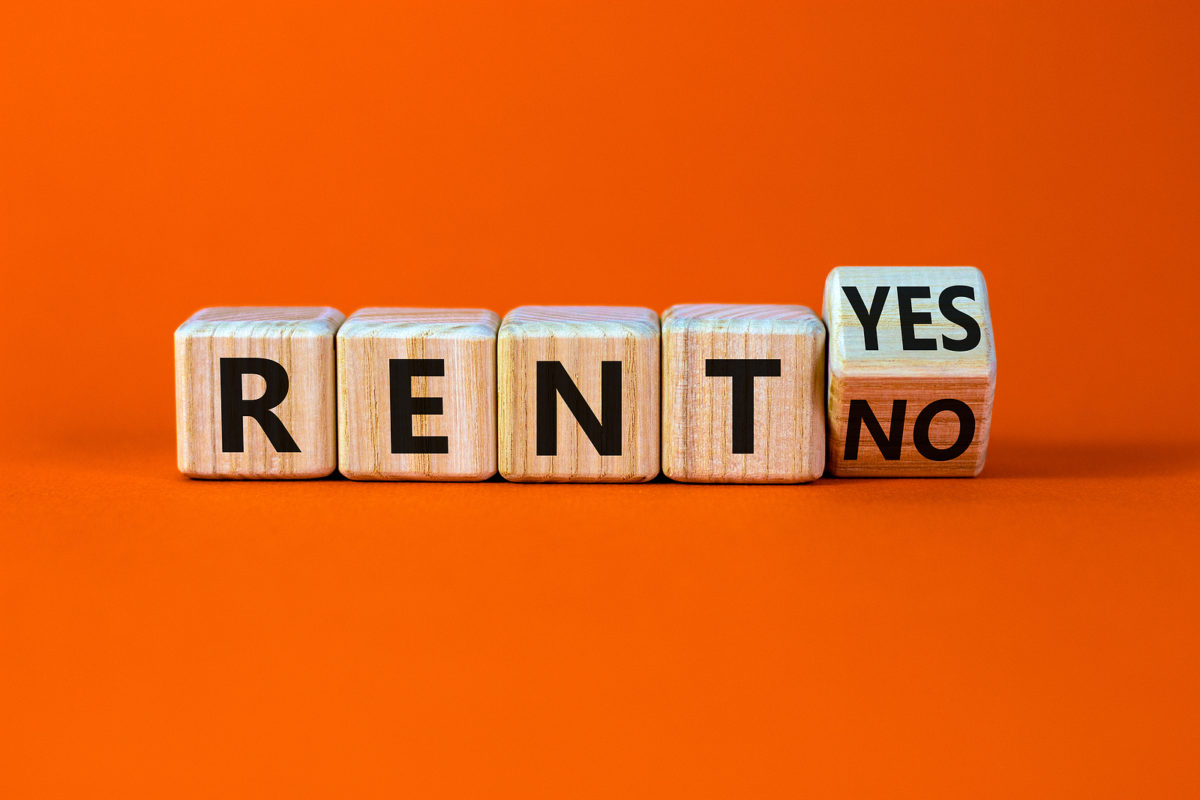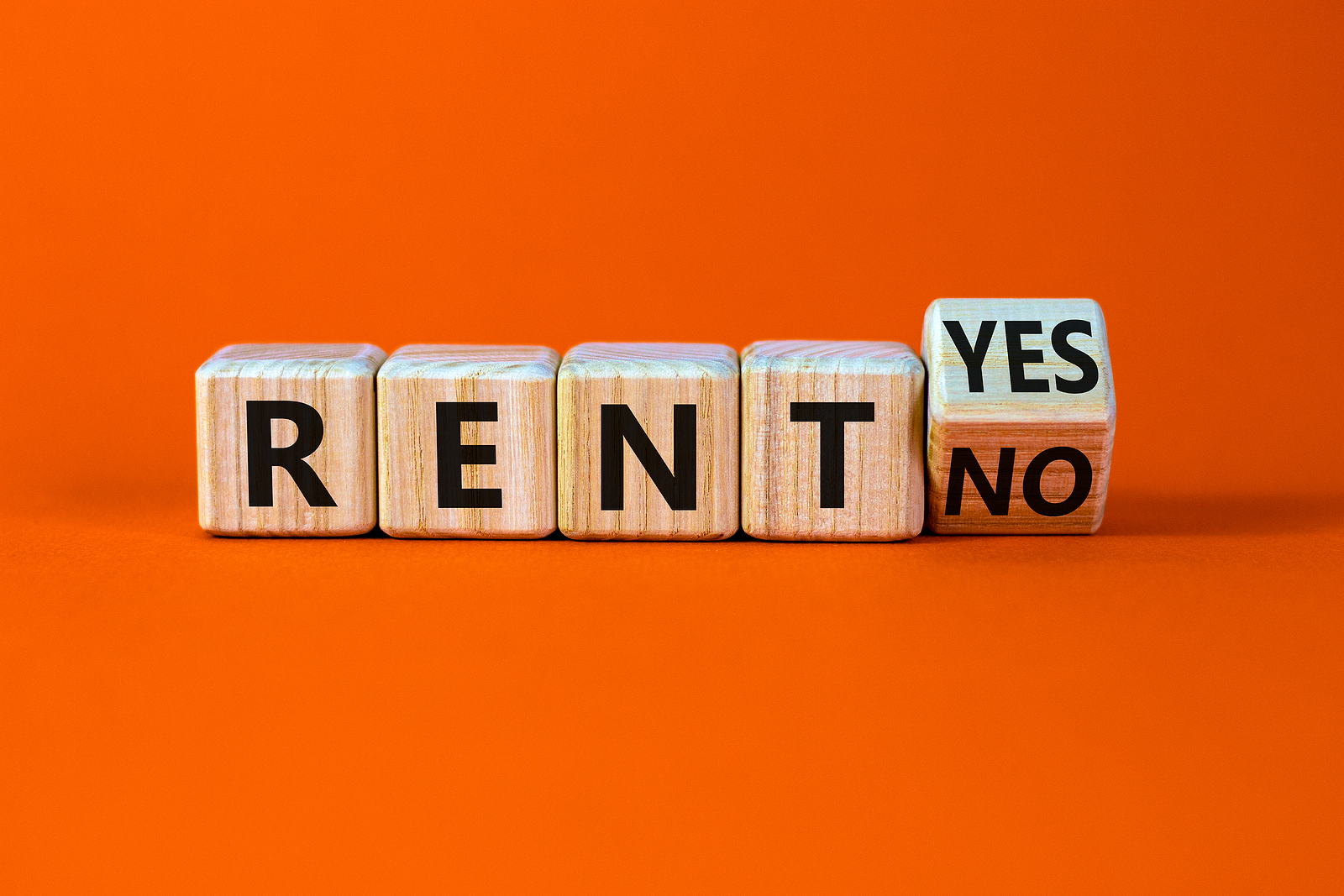Sometimes it makes financial sense to hang on to your old home when you buy another. Of course, you’ll want to talk it over first with your financial advisor, but if he or she crunches the numbers and they come up in your favor, you may consider renting out the home.
In fact, renting it out to someone else may be the perfect way to keep ownership while the home gains value. And, as you’ve no doubt read in the media, rents are at record highs.
Here are a few financial aspect to think about before making the leap to becoming a landlord.
Can I afford it?
After speaking with your financial advisor, it’s time to visit a lender. A loan officer can give you a definitive answer on how much you can afford to spend on your next home.
Although it’s not likely in the current housing market, take into account that there may be periods of time when the rental sits vacant. Consider as well that you may end up with tenants who either don’t pay on time or just quit paying.
At that point you’ll have two mortgage payments on your hands. Can you afford that?
Again, run the figures by your financial advisor before making a decision.
Look into the costs of renting out the home
The easiest course of action for the first-time landlord is to hire a property manager to take care of the business end of the rental. This may be the most expensive aspect of renting out the home.
Property manager fees vary widely and often depend on what you want them to do. “As a baseline, expect to pay a typical residential property management firm between 8 – 12% of the monthly rental value of the property, plus expenses,” claim the pros at AllPropertyManagement.com.
Then, there may be an increase in your homeowner insurance, which will, in turn, raise your mortgage payment.
“… renting out the home changes the owner’s status from primary occupant to investor,” warns Margarette Burnette at Bankrate.com.
“As a result, it costs more money to insure the home with a special landlord insurance policy. According to the Insurance Information Institute, the premium is about 25 percent more than with typical homeowners insurance,” she concludes.
Maintaining the home for tenants may be a bit more expensive than it was when you lived in the home. While we often overlook things in our own homes, tenants expect and typically have a right to certain repairs.
Landlords receive from their tenants, on average, six repair-related calls a year, according to the experts at MoneyGeek.com.
“… a lot of problems that need to be addressed are the same 10 repairs, over and over again,” according to Brandon Turner, real estate investor and podcaster. He goes on to list, at BiggerPockets.com, the most common repairs that landlords are called on to make:
- Major appliance breakdown
- Water leaks
- Faucets dripping
- Lack of hot water
- Insects and rodents
- Inoperable garbage disposal
- Leaky, clogged or running toilet
- Furnace in need of repair
- Inoperable smoke detectors
- HVAC problems
- Electrical problems
- Drywall repair
Finally, consider the legal fees you will incur as a landlord. These may run the gamut, including fees for help with constructing rental applications and leases, deal with evictions and other aspects of owning a rental. All of these costs can add up quickly.
For the financially sound, renting out their home when they purchase another can be a brilliant financial strategy. Pursue professional legal and financial advice to ensure that you don’t lose money in the end.

